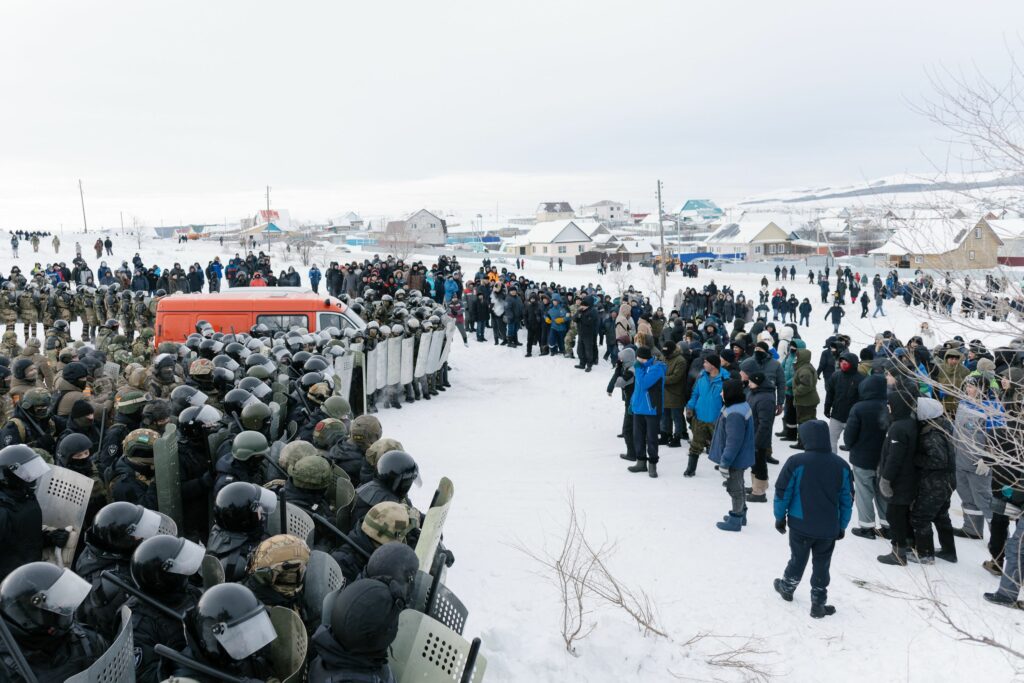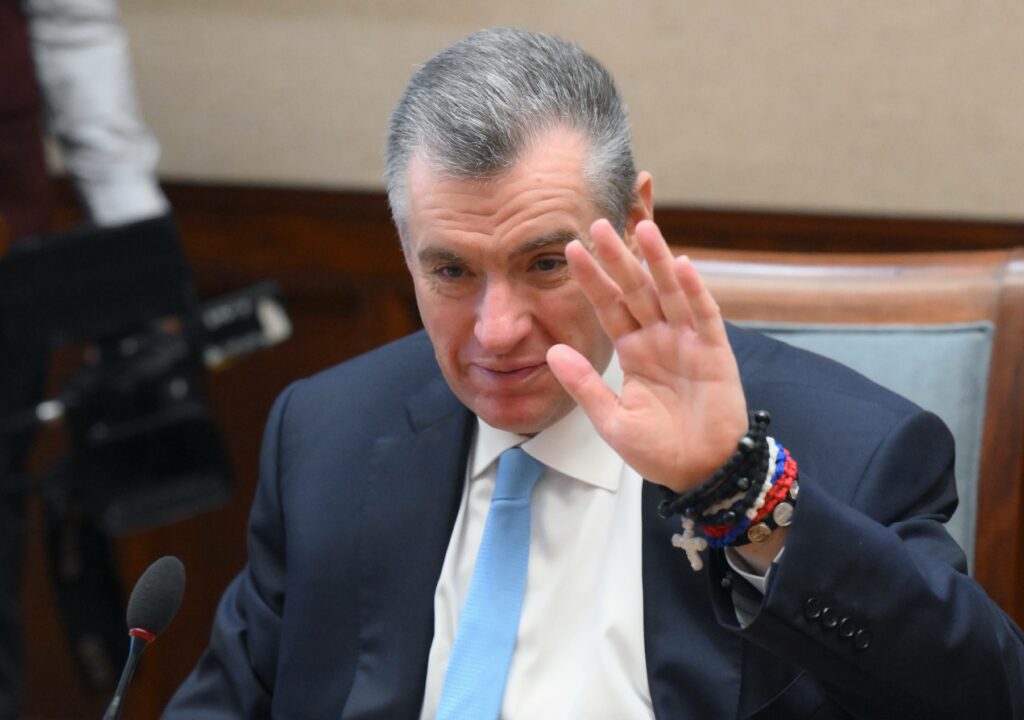On Sunday September 10, another major voting day will take place across Russia. This time, elections of State Duma deputies are taking place in four districts; there will be the elections of heads of 21 regions, as well as the elections of deputies of 16 regional parliaments and deputies of 12 city dumas in regional capitals. In addition, elections are set for territories controlled by the Russian authorities in the so-called «Special Military Operation Zone» that is, in the occupied parts of Ukraine.
It is difficult to reduce the regional and local elections of 2023 to one denominator: Russia is a large country and its regions are distinguished by significant diversity, including in electoral terms. Next to the completely uncompetitive Kemerovo region, where none of the candidates used expensive airtime and did not join televised debates, there is Khakassia, where each of the 14 rounds of debates was watched by a significant part of the republic — all thanks to the most intense gubernatorial campaign since the similarly fraught elections of the Irkutsk governor in 2015. Alongside the boring election of the governor of the Magadan region, there are interesting triple elections in Yakutia (governor, regional parliament and city duma). There are quite a lot more examples of a mixed picture. And this is already a significant difference from the elections of 2022, when there were practically no interesting campaigns.
This difference to 2022 is expected. A year ago, the set of elections was very comfortable for the authorities; there were many non-competitive gubernatorial campaigns, and parliamentary ones were held entirely in regions that were under strict control. This time, the set of regions heading to the polls is not very comfortable for the authorities. The Far East, Siberia, the Urals, and the European North are, as a rule, problematic regions for the Kremlin, where total control has not been established. It all provides a lot of material for analysis.
The desire to participate in elections is decreasing
It is best to compare the current elections with 2018 rather than 2022; five years ago there was approximately the same set of campaigns in the same regions. The context of those elections was the just announced pension reform, which caused great irritation in society. This year’s elections come against the backdrop of waning interest in military action, the economy’s gradual adjustment to sanctions and the upcoming presidential election, which will begin this December.
The main difference with the 2018 elections is the reduction in candidates and party lists that were originally nominated. This happens at all levels of elections. In the by-elections to the State Duma, the number of nominated candidates fell by half. Even the «parliamentary» «New People» party did not nominate a single candidate for the State Duma seat. In the gubernatorial elections five years ago, an average of 7.8 candidates were nominated per region, but now there are only 5.2. In the regional parliamentary elections five years ago, an average of 8.7 political parties nominated their lists, now only 7.1. In city elections, there were 8.3 political parties per city, and there were 7. This is a significant reduction in the number of people willing to participate in the race.
There are several explanations. Part of the «political class» in the regions has always been more of a «business class». People solved their economic problems with the help of political instruments. Part of this class is now forced to save their businesses on a daily basis; some simply withdraw their money abroad, and another part believes the risks of participating in public politics have surged.
These risks have indeed increased significantly, and this is not always due to the rhetoric used by the candidates. It is enough that a candidate or party begins to create problems for competitors supported by the authorities. As a result, we see that repression by the security forces took place in almost all parties. Almost all parties have their own political prisoners accused of «extremist» charges, or candidates who simply survived arrests and searches. By the way, the Communist Party of the Russian Federation has the largest number of members who had been under pressure from security services and still remains the main threat to the well-being of United Russia.
For the same reason, even those politicians who do decide to participate in elections often conduct purely formal campaigns: election funds and campaign volumes are modest. Many candidates and parties do not so much participate in elections as pretend to participate. This also applies to regional branches that until recently represented a serious force in their regions. For example, in the Irkutsk region, the Communist Party of the Russian Federation is campaigning more modestly than in past years (although previously a communist governor was elected there in competitive elections). And a few days before the start of voting in the same Irkutsk region, the leader of the regional branch of New People, who, according to local observers, began to gain popularity, then left the party. A Just Russia are experiencing a shortage of money in the Yaroslavl region, where just two years ago they took both single-mandate constituencies in the elections of State Duma deputies. In the Trans-Baikal Territory, the federal leadership of A Just Russia dispersed a strong regional branch right during the election campaign. The list goes on.
There is still life left
However, there are competitive and intense campaigns this year, and they can tell us a lot. The most prominent campaign of 2023 is in Khakassia, where the incumbent communist governor is seeking re-election after a surprise victory in 2018. Until September 2, he was opposed by State Duma deputy, United Russia member Sergei Sokol, allegedly a participant in the fighting in Ukraine, who was awarded the Order of Courage at the start of the campaign. The Khakass campaign is interesting due to the completely non-trivial development of the plot of this political thriller. As events developed, a significant part of the local elites went over to the side of the communist Konovalov: the United Russia speaker of the regional parliament, the former head of the executive committee of the regional branch of United Russia, United Russia mayors from cities and regions of the republic, the former head of the regional branch of New People, etc. This is only a clear confirmation of the process that has begun to manifest itself in recent months in different parts of the country: local elites and the federal center in different regions have serious contradictions, which is why municipal reform has stalled. This is important because the lower level of the bureaucracy is one of the main pillars of the current political regime.
Another striking campaign is taking place in Yakutia, where, in addition to the governor, deputies of the regional parliament and deputies of the Yakutsk City Duma are also elected. The ex-mayor of Yakutsk, State Duma deputy from the «New People» Sardana Avksentyeva did not participate in the gubernatorial elections. And one could assume that in return they promised not to interfere with her during the campaign for the elections of regional deputies, since she headed the party list. However, in reality, Avksentyeva complains that plane flights to those settlements where she planned to fly to meetings with voters are constantly being cancelled.
In Yekaterinburg, the campaign is so intense that excesses associated with violence are constantly occurring (this is generally a tradition in the capital of the Urals). As a result, an employee of the headquarters of one of the candidates has already died — he climbed onto the billboard to ruin it, and fell. But given the intensity of passions that reigns there, there could have been more victims. Moreover, the analysis of party alignments does not work well there: real interest groups are not confined within the boundaries of one party. An illustrative story happened with the former speaker of the Yekaterinburg City Duma, Ira Ovchinnikova, who lost the primaries of United Russia and was forced to go to the polls as a self-nominated candidate. She was not registered, and only after a federal scandal, when she wrote a letter to Vladimir Putin, was she allowed to participate in the elections.
Sealing the elections
There are quite a few examples of such campaigns around the country. And thanks to them, the almost manic desire of election administrators to hide them as much as possible from the public eye becomes clear. Despite more than two decades of attempts to bring elections under total control, the tools that exist now are not enough for the authorities to feel calm.
Therefore, throughout the last year, there has been an attack on observation capabilities: observation associations are under pressure from the security forces, the use of online voting, which is completely opaque for observation, is expanding, and opportunities for observation in general are being reduced.
At the same time, pressure on voters themselves is increasing: both through censorship and propaganda, and through direct coercion to continue voting online.
The authorities are trying to turn elections into a closed system — where there will be no place for either unwanted candidates or citizens of the country. Because as soon as there are even remotely competitive elections, a lot of problems will immediately arise. The government’s real ratings may turn out to be not as high as is usually projected.









